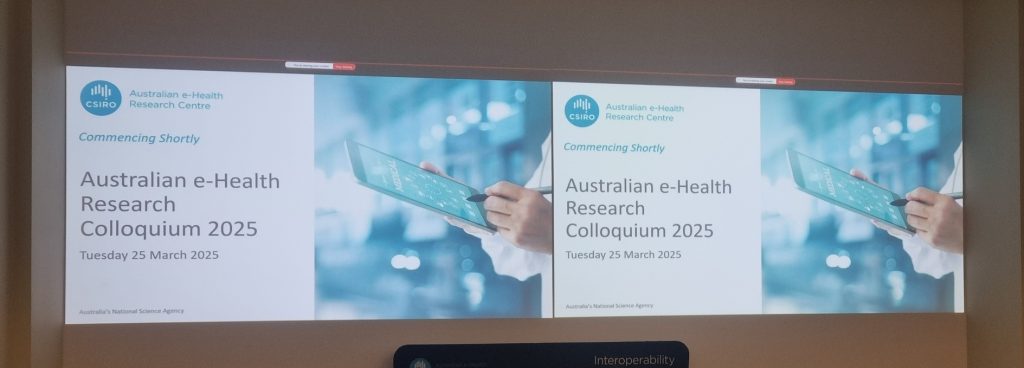
Blog: Exploring Clinical-Academic Pharmacy Practice in Australia
This blog was written by Dr Richard Bourne
Richard is a Consultant Pharmacist – Critical Care at Sheffield Teaching Hospitals NHS Foundation Trust and is an Honorary Senior Clinical Lecturer (Pharmacy) at The University of Manchester, where he is affiliated to the NIHR Greater Manchester Patient Safety Research Collaboration (GM PSRC), and is a Visiting Professor (Pharmacy) at Newcastle University.
Australia is renowned for its pleasant climate, rich cultural heritage, distinctive (and occasionally dangerous) wildlife, vibrant cities, exceptional quality of life and sporting prowess. Its world-class healthcare system, where pharmacists are highly valued, made it an ideal destination for me to advance my clinical-academic career training and development.
In 2024, I was honoured to receive an NIHR Senior Clinical and Practitioner Research Award (SCPRA), which built upon my earlier NIHR post-doctoral Integrated Clinical Academic Clinical Lectureship. This award offered opportunities to learn from international clinical-academic pharmacy practices, with planned visits to Australia in 2025 and Canada in 2026. In March 2025, I embarked on my journey to Australia, visiting colleagues in Melbourne and Brisbane.
A Memorable Start: The ANZICS CTG Meeting
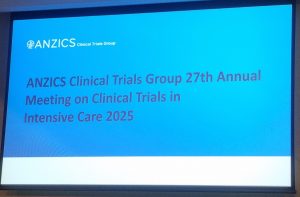 My first stop was the Australian and New Zealand Intensive Care Society (ANZICS) Clinical Trials Group (CTG) meeting in Noosa, Queensland. This forum brings together established and early-career researchers in critical care, offering a multiprofessional platform to share study results, develop research questions, propose future studies and designs, and foster collaboration for agreed projects. The format reminded me of the UK Critical Care Research Forum (UKCCRF), albeit with a subtle Canadian touch – thanks to the close partnership between ANZICS CTG and the Canadian Critical Care Trials Group (CCCTG).
My first stop was the Australian and New Zealand Intensive Care Society (ANZICS) Clinical Trials Group (CTG) meeting in Noosa, Queensland. This forum brings together established and early-career researchers in critical care, offering a multiprofessional platform to share study results, develop research questions, propose future studies and designs, and foster collaboration for agreed projects. The format reminded me of the UK Critical Care Research Forum (UKCCRF), albeit with a subtle Canadian touch – thanks to the close partnership between ANZICS CTG and the Canadian Critical Care Trials Group (CCCTG).
There I met Mel Ankravs, consultant pharmacist in critical (The Royal Melbourne) who made sure I had the opportunity to meet many of the CTG attendees and discuss current critical care research challenges and opportunities. Mel’s gastronomic expertise also ensured I was introduced to the varied cuisine delights of Noosa.
Despite the challenges posed by Cyclone Alfred (the most severe cyclone to hit South Queensland in half a century), the CTG organisers delivered a highly engaging and well-structured program. A standout moment for me was the Welcome to Country, a respectful and inclusive acknowledgment of Aboriginal and Torres Strait Islander peoples, which set a warm and engaging tone for the event.
Insights into Melbourne’s Practice
With travel plans adjusted due to the cyclone, I journeyed to Melbourne to meet my host, Prof Adam Deane (Critical Care) and Mel again. They arranged visits to The Alfred and The Royal Melbourne Hospitals, where I observed both critical care and pharmacy clinical practices.
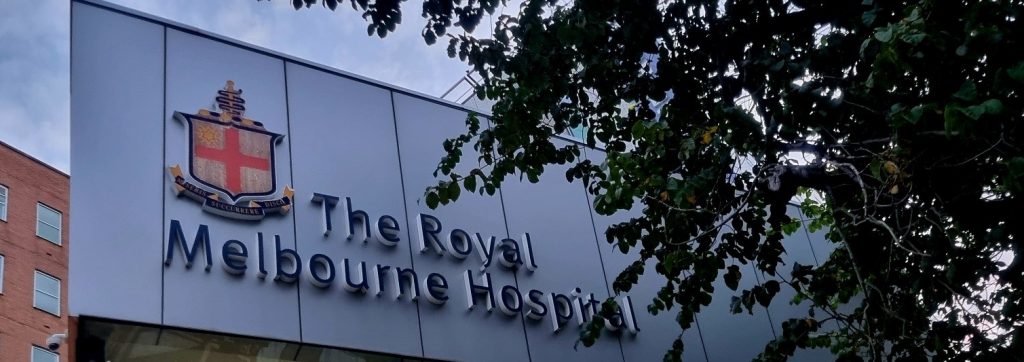 While Australia’s healthcare system, critical care services, and patient case-mix shared many similarities with the UK, I noticed Australian pharmacists here achieved a better balance between clinical responsibilities and research activities. This might be attributable to slight differences in clinical practices with possibly less onus on key-performance indicators there. For example, in the UK, most critical care pharmacists actively prescribe, a rewarding if time-demanding activity. While in Australia, pharmacists appear to have greater capacity for engaging in non-clinical professional support activities, including research. Undoubtedly, this position has been supported by Australia having recommendations for staffing levels for all hospital pharmacists based on patient and medicines complexity, such as in critical care areas.
While Australia’s healthcare system, critical care services, and patient case-mix shared many similarities with the UK, I noticed Australian pharmacists here achieved a better balance between clinical responsibilities and research activities. This might be attributable to slight differences in clinical practices with possibly less onus on key-performance indicators there. For example, in the UK, most critical care pharmacists actively prescribe, a rewarding if time-demanding activity. While in Australia, pharmacists appear to have greater capacity for engaging in non-clinical professional support activities, including research. Undoubtedly, this position has been supported by Australia having recommendations for staffing levels for all hospital pharmacists based on patient and medicines complexity, such as in critical care areas.
The emphasis on multiprofessional research collaboration was striking. Strong connections with the University of Melbourne (critical care) and Monash University (pharmacy and ANZICS RC (Research Centre)) showcased the commitment to research excellence. Mel’s PhD research had benefited from close working with critical care and ANZICS RC colleagues. Senior pharmacy leaders, often holding conjoint hospital-academic appointments, provided inspiring role models who fostered a positive research culture. Fellowships and awards further supported pharmacists like Mel enabling international opportunities and dissemination of research at prestigious forums, such as the European Society of Intensive Care Medicine (ESICM) congress.
Brisbane: Fostering Excellence
In Brisbane, time spent with Prof Jason Roberts, consultant pharmacist and Director of the University of Queensland Centre for Clinical Research (UQCCR), offered insights into building and nurturing high-performing research teams at an international level. As I begin supervising PhD students, I observed how Jason tailored his approach to supervising PhD candidates and post-doctoral fellows. Brisbane’s advanced integration between universities and hospitals (Royal Brisbane and Women’s Hospital and Princess Alexandra Hospital), coupled with conjoint posts at the post-PhD level (such as Assistant/ Pharmacy Directors), supported a research-positive and nurturing environment. Meeting Profs Ian Coombes and Michael Barras provided an opportunity to understand how they had created a culture where research and innovation was central to the pharmacy services they led. Dr Carla Scuderi explained how research had been integrated into career progression for their pharmacists.
I had the opportunity to present recent developments in UK pharmacy research engagement and personal research experiences at joint hospital and academic research meetings. The meetings underlined similarities in practice and further illustrated how research awards support projects ranging from local small-scale studies to national fellowships. Celebrating research success was evident from local pharmacy meeting to chief executive reports. Witnessing undergraduate pharmacists engaging with research projects and receiving thoughtful feedback from peers and hospital supervisors was heartening. There was a clear benefit to having dedicated research pharmacists in hospital, such as Dr Libby McCourt, with the expertise and time to nurture research activities across several levels of pharmacy practice. Additionally, discussing these projects with Libby underscored the importance of research mentorship and collaboration.
Here critical care pharmacy practice, led by consultant pharmacist Amy Legg, demonstrated effective multiprofessional antimicrobial stewardship (AMS). Pharmacists being integral to decision making and leading on the advanced application of PK/PD antimicrobial optimisation in the critically ill patient. It was notable to see Amy seamlessly transitioning between university and hospital activities, one day presenting at the Australian eHealth Research Colloquium on an aspect of her PhD research, and the next leading pharmacist participation in the critical care AMS ward round.
Reflections and Next Steps
This experience confirmed that fostering a positive research culture in hospital pharmacy is not only possible but essential. Credible research leaders are pivotal in creating an environment that values and supports research activity. Strong partnerships between universities and hospitals are integral to embedding research into daily practice, enhancing patient care, and motivating pharmacy professionals.
On a personal level, this visit gave me time to reflect on my next steps. It’s time to revisit those research projects that have been on the back burner, build a dedicated research team, and pursue my passion for advancing clinical-academic pharmacy practice. Now, I’m ready to “throw these ideas on the barbie” and get things cooking!

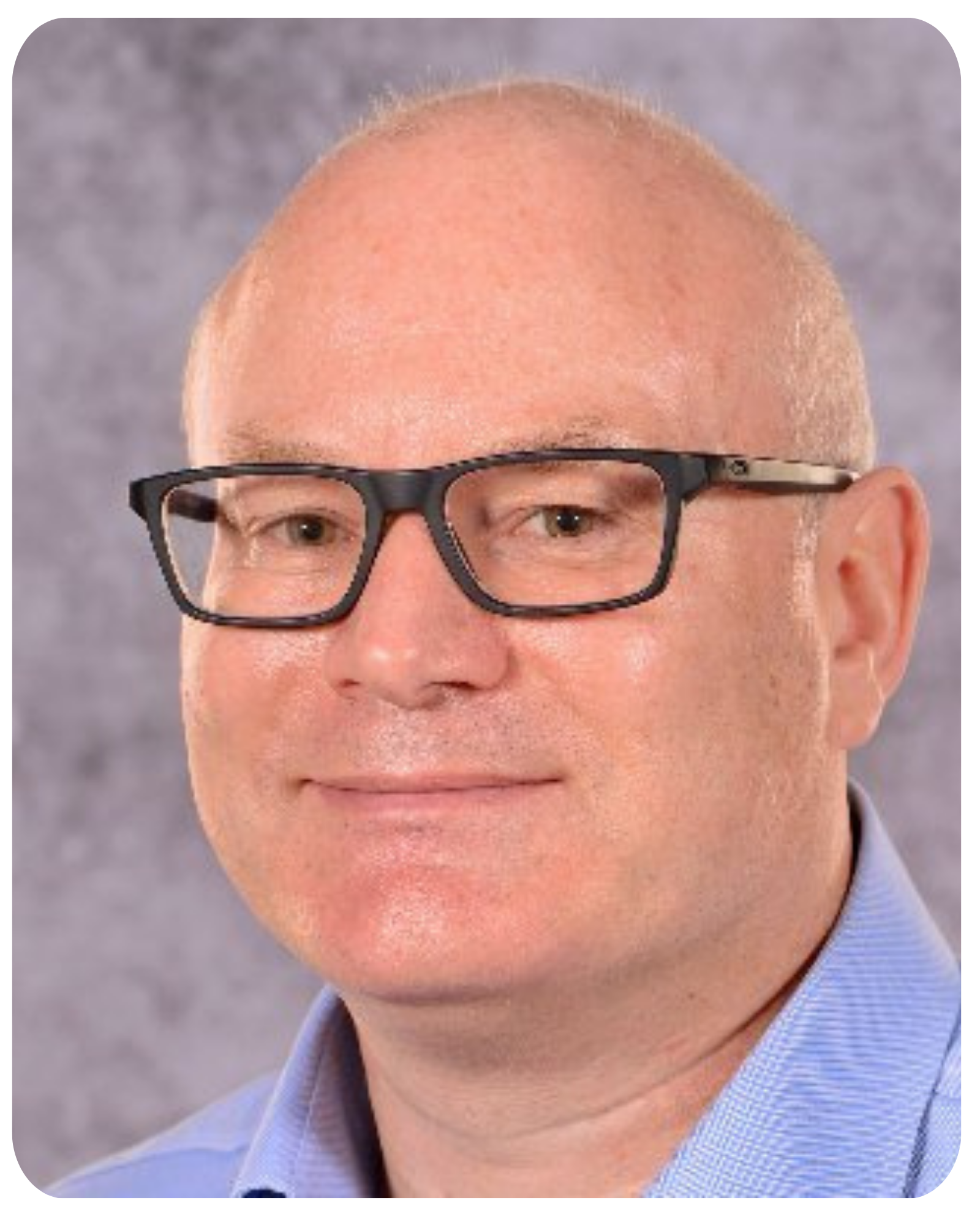
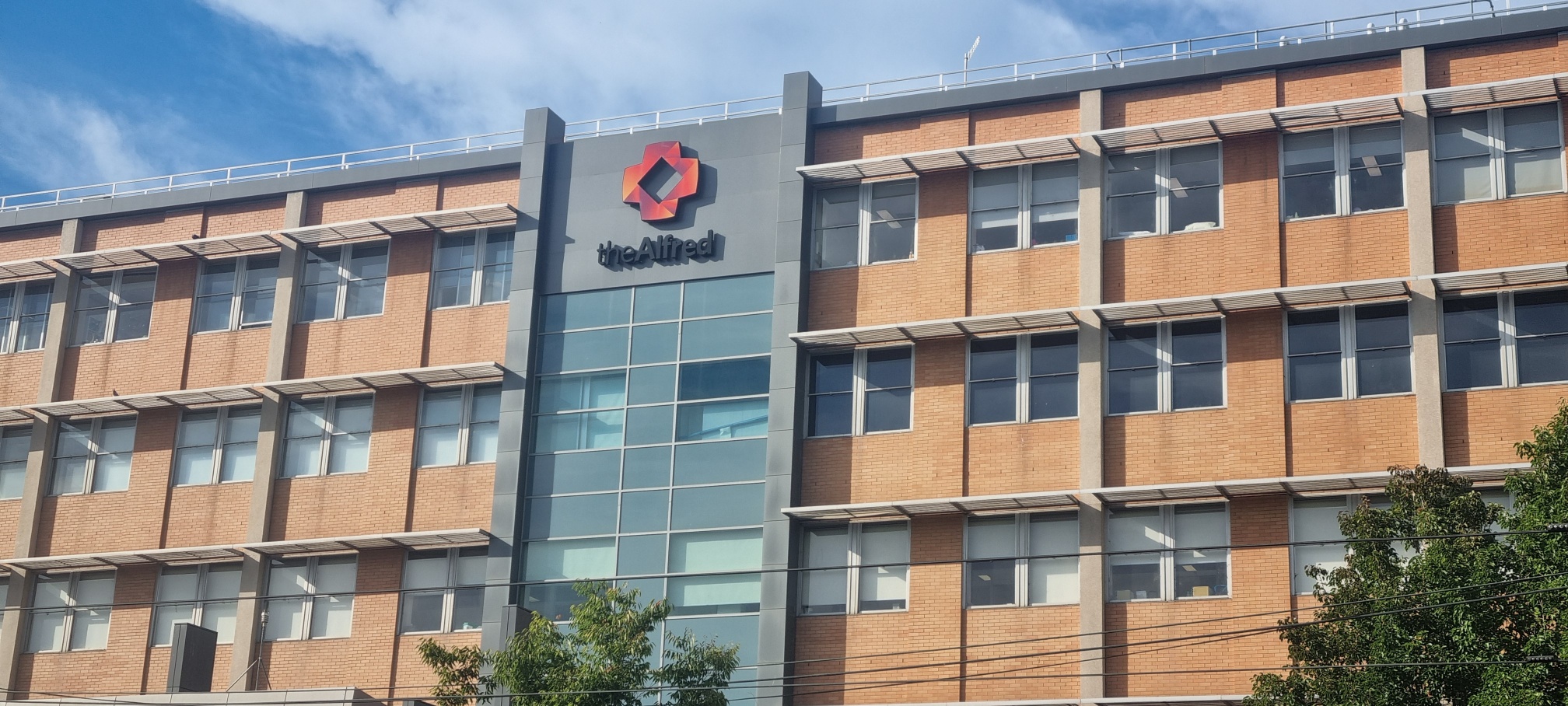
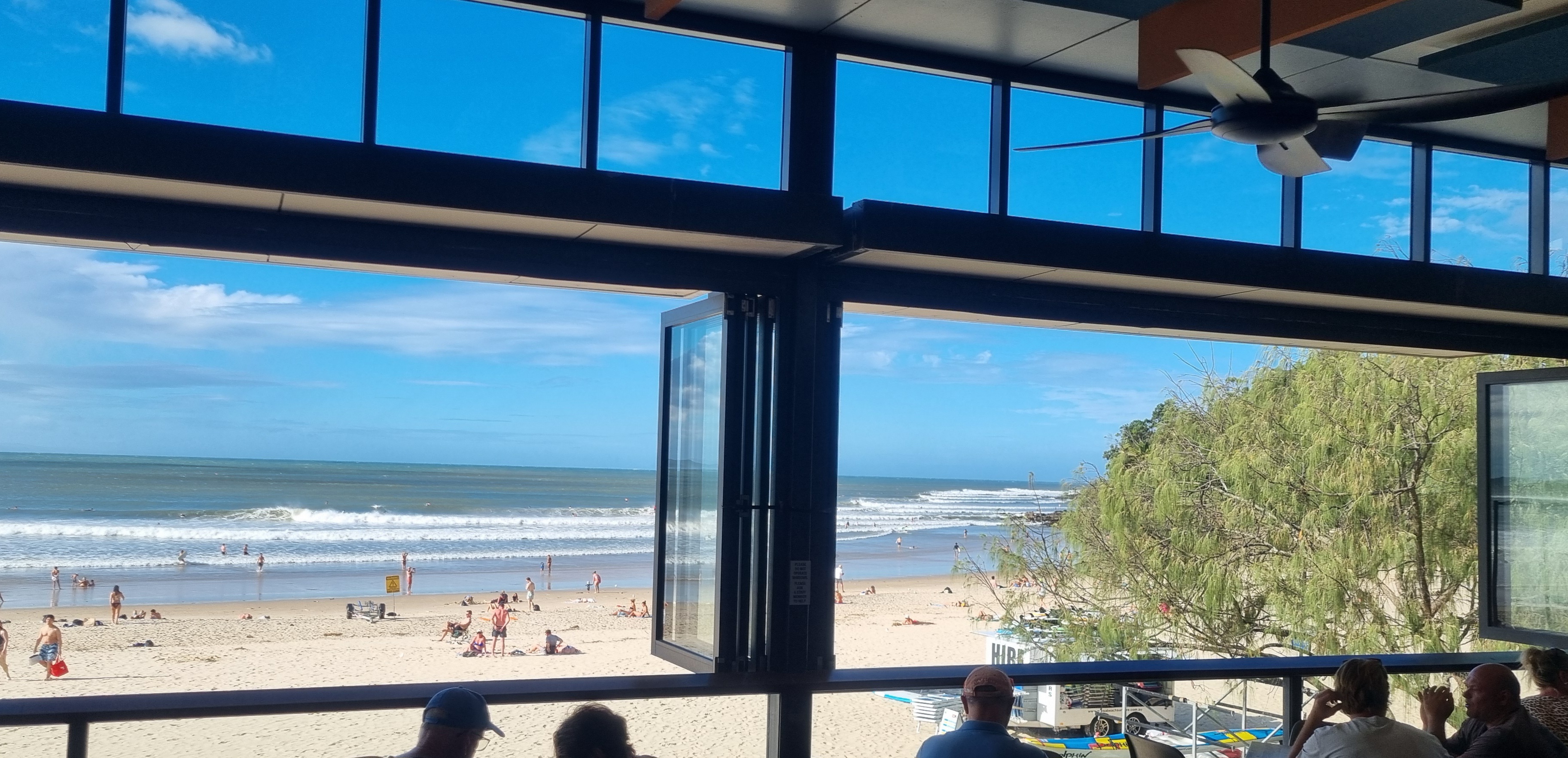
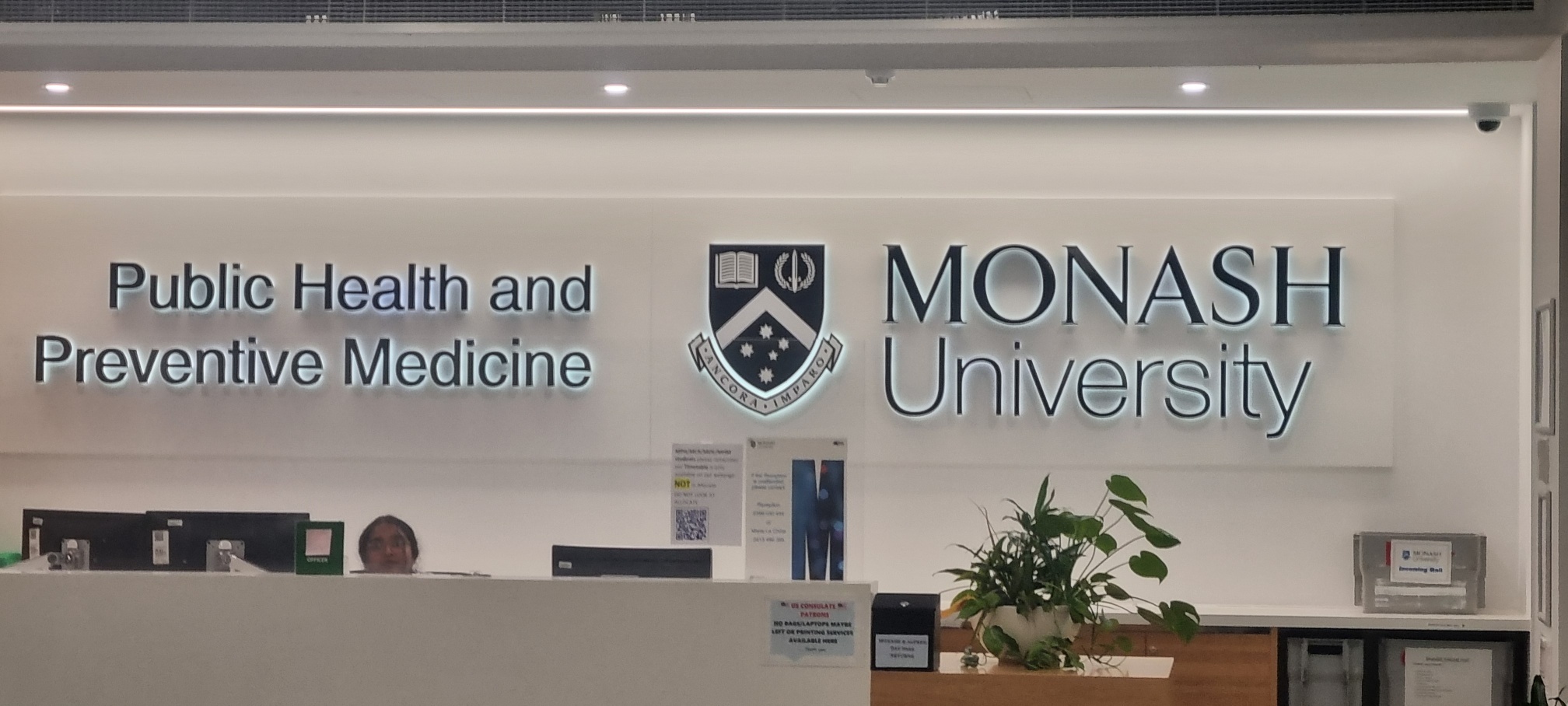






0 Comments